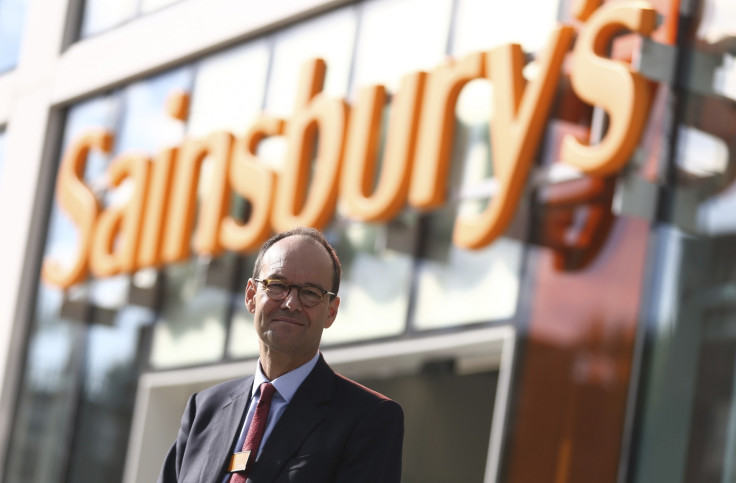Sainsbury's and Asda merger a 'game changer' for UK grocery market
Sainsbury's promises 10 percent price cuts as its shares surge as the market open.

Sainsbury's has agreed to buy Asda for £7.3 billion ($10.1 billion) in cash and stock in a deal that would create Britain's largest supermarket chain and marks a profound shift in the country's grocery market.
The deal combines Britain's second- and third-largest supermarket chains, giving the combined company 31.4 percent of the market and putting it ahead of the current leader, Tesco, which has 27.6 percent, according to data from Kantar Worldpanel.
The company will retain both the Sainsbury's and Asda brands - representing nearly £1 in every £3 spent on groceries - and there are no plans to close any of its more than 2,800 stores, the companies said Monday. They aim to lower retail prices as much as 10 percent as a result of the deal.
"This is a transformational opportunity to create a new force in UK retail," Sainsbury's CEO Mike Coupe said.
The move underscores the intense competition in Britain's grocery market as discounters take market share from traditional chains such as Sainsbury's and Tesco. Asda, Walmart's UK unit, has a strong presence in the north of England and Sainsbury's in the south.
The Bentonville, Arkansas-based Walmart Inc., meanwhile, is building fewer big stores and focusing more on internet businesses in an effort to compete for the online shoppers who use Amazon.
J Sainsbury plc, the chain's corporate name, says Walmart will receive £4.3 billion worth of Sainsbury's stock and £2.98 billion in cash. Walmart will own 42 percent of the combined company. Sainsbury's said the deal will produce costs savings of at least £500 million ($688 million) due to increased efficiency.
Coupe described the deal as being "designed for a new era" of retailing, bringing scale in clothing and general merchandise.
Britain's Competition and Markets Authority said it will "likely" assess whether the deal could reduce competition and choice for shoppers.
The Labour Party's business spokeswoman, Rebecca Long-Bailey, has already called for an investigation of the proposed deal.
The merger risks "squeezing what little competition there is in the groceries market even further," Long-Bailey told the BBC on Saturday when the news of a possible deal first emerged.
Richard Lim, the chief executive of research group Retail Economics, described the deal as a "game changer" in the industry.
"The potential tie-up could deliver price reductions across a range of products, putting it in a position to challenge Tesco and the discounters head-on," he said in a statement. "Serving customers 'whenever and wherever they want' would take a giant leap forward with expertise in digital technology dovetailing with an expansive store estate."
© Copyright IBTimes 2025. All rights reserved.





















